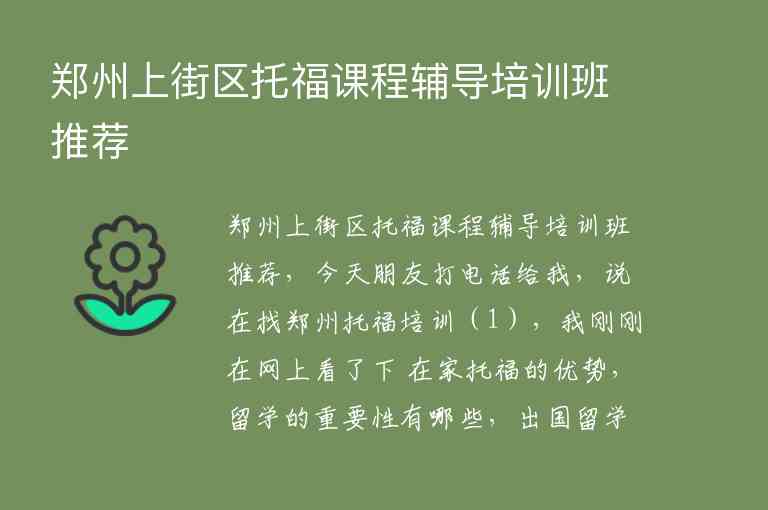except是一个英语单词,读作/ɪkˈsept/,意思是除了、除外、不包括。它可以作为介词、连词和动词使用,表示排除某些事物或情况。
用法:
1. 作为介词,except用于表示“除了……以外的”,常与for连用。
:I like all kinds of fruits except for durian.(我喜欢所有种类的水果,除了榴莲。)
2. 作为连词,except用于引导一个从句,表示“除非、如果不”。
:I will go to the party tonight, except I have a lot of work to do.(今晚我会去参加派对,除非我有很多工作要做。)
3. 作为动词,except的意思是“排除、拒绝接受”,常与from连用。
:He was excepted from the team because of his poor performance.(因为表现不佳,他被排除在团队之外。)
例句:
1. All students are required to attend the class, except for those who have a valid excuse.
(所有学生都必须上课,除了那些有正当理由的人。)
2. Everyone was invited to the party, except for John who wasn't feeling well.
(每个人都被邀请参加派对,只有约翰因身体不适未能前往。)
3. You can use any color for the design, except for red which is not allowed.
(你可以为设计选择任何颜色,除了不允许使用的红色。)
4. Except for a few minor changes, the project was completed on time.
(除了一些小的改动,项目按时完成了。)
5. I will accept any job offer, except for those that require me to relocate.
(我会接受任何工作机会,除了那些需要我搬迁的工作。)
同义词及用法:
1. besides:除了、此外,常用于表示补充信息。
:Besides English, she can also speak French and Spanish.(除了英语,她还会说法语和西班牙语。)
2. apart from:除了、不计算在内,常用于表示额外情况。
:Apart from the rain, the weather was perfect for our picnic.(除了下雨外,天气对我们的野餐来说很完美。)
3. excluding:不包括、排除在外,常用于表示某个范围之外。
:The price of the tour package is $500, excluding airfare and meals.(旅游套餐的价格是500美元,不包括机票和餐费。)
编辑总结:
except是一个常用的英语单词,在句子中可以起到排除特定事物或情况的作用。它可以作为介词、连词和动词使用,并且都有着相似的意思。在使用时,需要注意搭配正确的介词或从句,避免语法错误。除了except之外,还有一些同义词可以替换使用,但是需要根据具体语境选择合适的词语。总的来说,掌握except的用法可以帮助我们更准确地表达排除和例外的意思。
